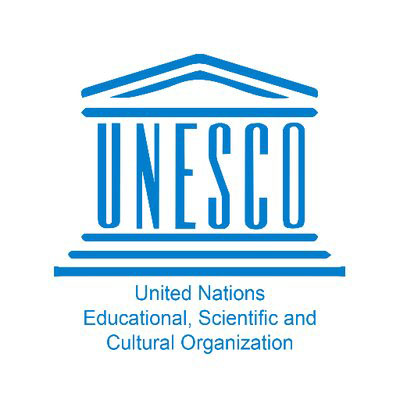UNESCO underscores role of radio in Nepal’s development
Kathmandu, February 12
The UNESCO-Nepal has appealed to concerned stakeholders to adopt media-related policies to ensure conducive environment for press freedom.
“To achieve the Sustainable Development Goals by leaving no one behind, it is crucial to ensure diversity of ownership, participation, location and content of radio-based media in Nepal.
This will catalyse empowerment and development of marginalised people,” the UNESCO said today on the occasion of World Radio Day.
This year, World Radio Day is being celebrated under the theme ‘Radio and Diversity’.
“Indeed, radio remains the most influential medium of information in Nepal with unique ability to reach out to the widest audience. Radio has the potential to shape the society’s diversity and stands as an arena for all to air their voice, be represented and heard,” reads a press statement by the UNESCO.
The UNESCO has echoed its commitments to support Nepal in promoting press freedom, safety of journalists, gender equality in media, freedom of expression and access to information for all.
According to the UNESCO, Nepali radio broadcasters have done a commendable job to ensure that correct and timely information reaches among the people living in the most remote areas, who often do not have access to newspaper, television or the Internet. The media landscape is changing at a rapid pace worldwide and in Nepal. It is essential to invest more in the media sector to make it stronger and to counterbalance the increasing risk posed by misinformation and fake news, which spread like a wildfire.
“A strong, free and independent media is the foundation of peace, democracy and development. It is crucial for people to be able to express themselves without fear,” reads the statement.
The constitution guarantees fundamental rights, including the freedom of expression, right to communication, right to information and privacy of people.
Nepal has a history of seven decades of radio journalism.
More than 600 private, public and community radio stations are dedicated to serving their communities through the dissemination of information, education and entertainment.
The first community radio in South Asia was established in Nepal in 1996.






